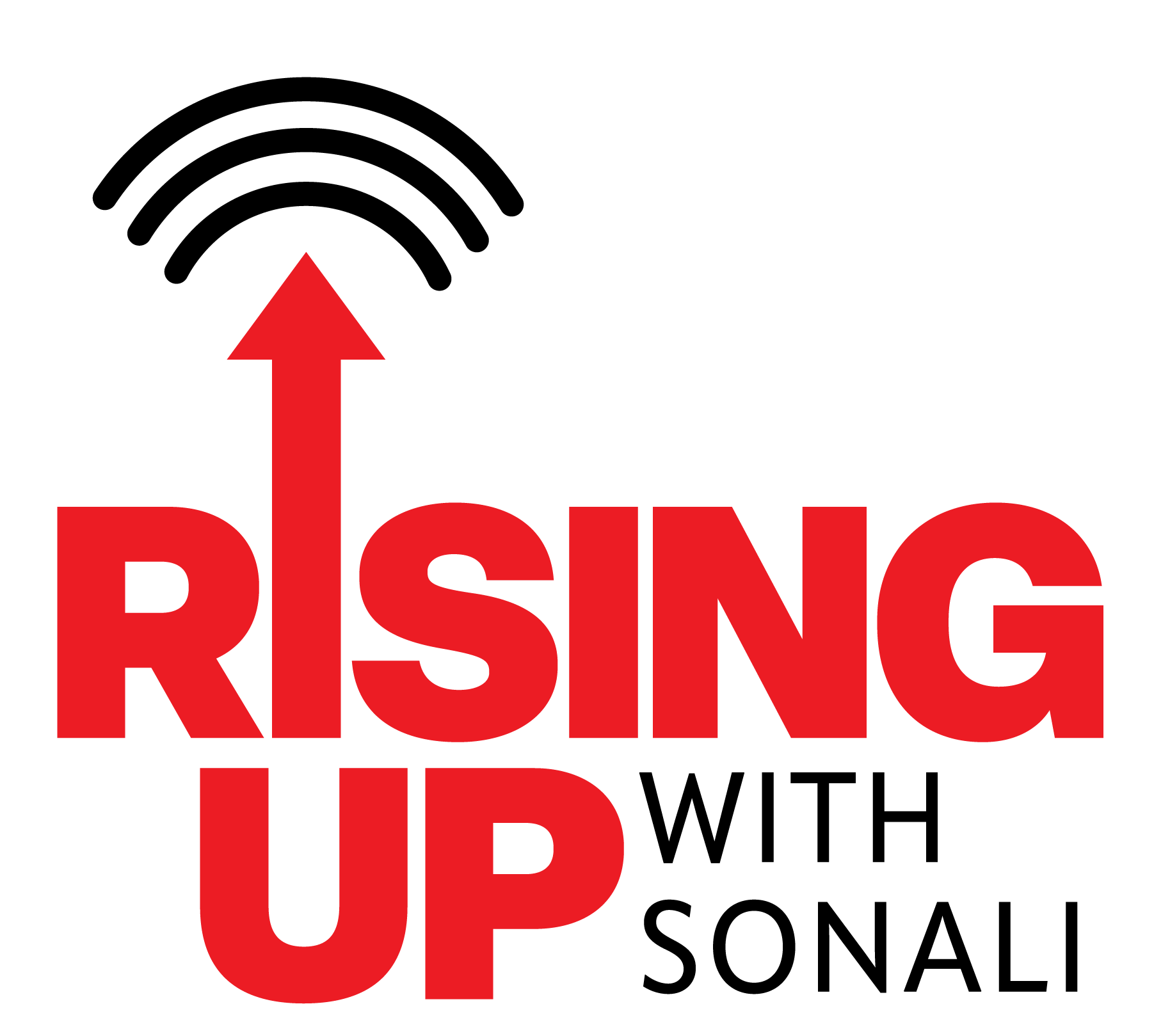An Indigenous Perspective on a Just Climate Transition
Listen to story:
Download: mp3 (Duration: 24:48 — 22.7MB)
FEATURING KANDI WHITE – Hurricane Michael has made landfall on the Florida panhandle. As of this recording, winds had reached speeds of 145 mph. According to CBS News, “Michael could be the worst storm ever to hit the Panhandle.” Florida Governor Rick Scott had issued evacuation orders earlier this week and on Wednesday morning he tweeted, “The time for evacuating along the coast has come and gone.” About 30 million people are in the hurricane’s path.
As if underscoring the advent of yet another intense hurricane, the UN Intergovernmental Panel on Climate Change released a major report on October 8 and warned that we have about a dozen years before the worst impacts of climate change can be staved off. Debra Roberts, a co-chair of the working group on impacts said, “It’s a line in the sand and what it says to our species is that this is the moment and we must act now. This is the largest clarion bell from the science community.” The report was the product of the Paris Accord signed in December 2015 and will be formally presented at the next UN climate conference in Poland later this year.
The question of how we transition to a new economy and adapt to a changing climate are among the things I want to discuss with my guest,
For more information about the programs ‘Just Transition,’ visit Indigenous Environmental Network.
Kandi White, Native Energy & Climate Campaign Organizer with Indigenous Rising, a project of the Indigenous Environmental Network.
